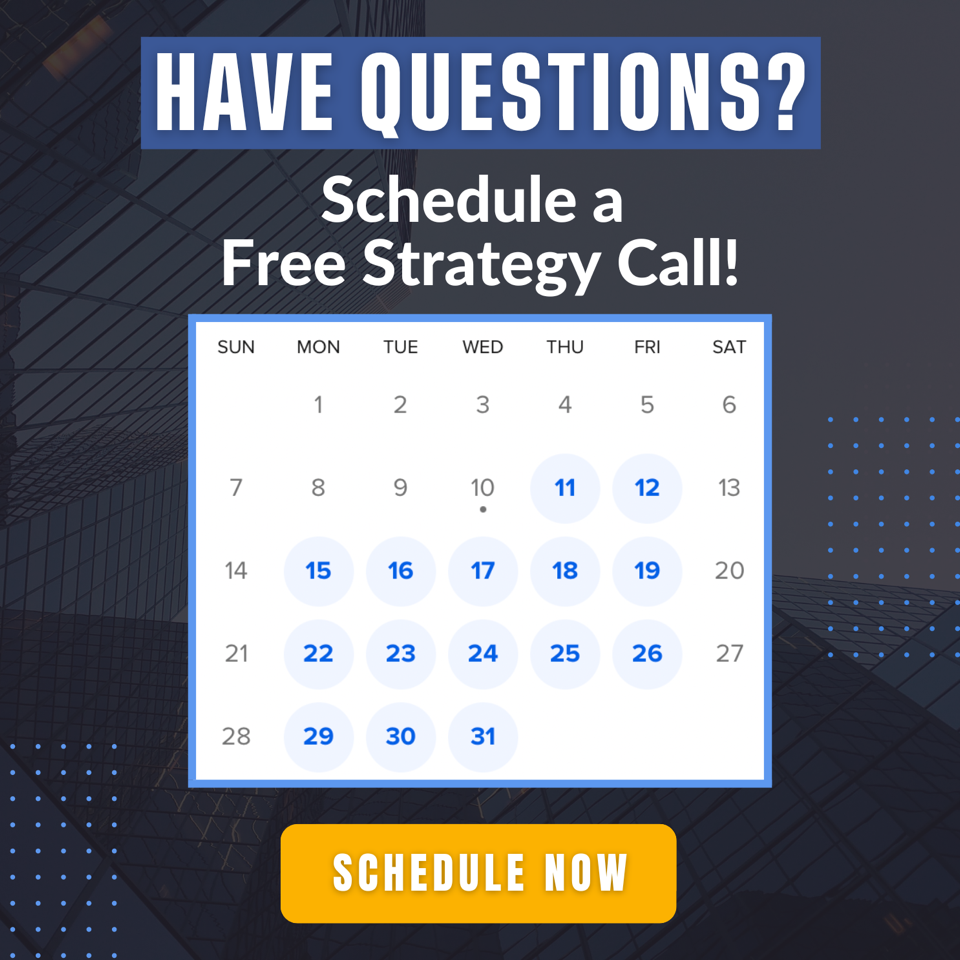
As a financial advisor, one of the biggest challenges is getting people to attend your seminars. While dinner seminars were popular in the mid-nineties, they are not as effective as they used to be. Many attendees are only there for the free food and are not interested in the seminar itself. Additionally, the seminar model is limiting because there is no opportunity to develop a relationship with attendees, and there is an expectation of a sales pitch.
An alternative approach to seminars is an educational course. An educational venue creates a different expectation for attendees, and the materials for signup are different than a seminar brochure. Marketing for an educational course includes a mini syllabus that informs attendees of what they will learn. Charging a nominal fee to attend the course helps to offset expenses and ensures that attendees have “skin in the game,” resulting in a higher show rate.
Attendees of educational courses are different from those of dinner seminars. They are expecting to be taught and are open to learning. While some may expect a seminar, most have not been to one before, so their mindsets and expectations are different. By stepping up as an educator, advisors can fulfill the attendees’ expectations and provide them with a valuable learning experience.
Hosting educational courses on a well-known educational venue such as a campus adds to the expectation of learning. Giving attendees cookies and soda can make them feel better and contribute to a positive experience. The instructor can use the course to create an interactive environment by asking questions and engaging attendees, even before the course starts.
Overall, hosting educational courses instead of seminars can result in higher attendance, better engagement, and a more positive experience for both attendees and advisors.


